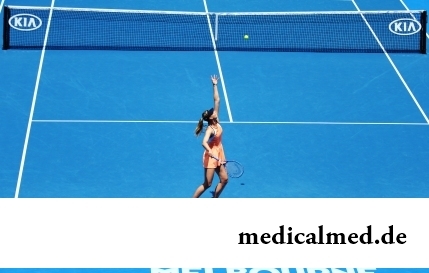





4 types of the substances reducing protective forces of an organism
Ability of an organism to resist to adverse environmental factors (to impact of temperature drops, humidity and pressure, to the attacks of causative organisms, etc.) directly depends on what the person eats. Business here not only in that cells of a body received a necessary set of nutrients, vitamins and microelements. Scientists established that such components which are capable to influence immune system in this connection their use should be limited negatively also are a part of foodstuff. We will talk about the main groups of such substances today.
1. Inhibitors of enzymes
It the substances blocking work of enzymes which help to acquire the proteins coming to an organism with food. At excess consumption of the products containing inhibitors the protective system of an organism as proteins are the main construction material for immune bodies suffers.
Inhibitors of enzymes in large numbers contain in seeds of bean cultures (haricot, peas, soy). At the same time substances of this kind have resistance to heating: they do not collapse even in the course of half-hour cooking of seeds. Other inhibitors which are a part of ovalbumin have no heat stability, and only fans of crude eggs can exceed their dose in a diet.
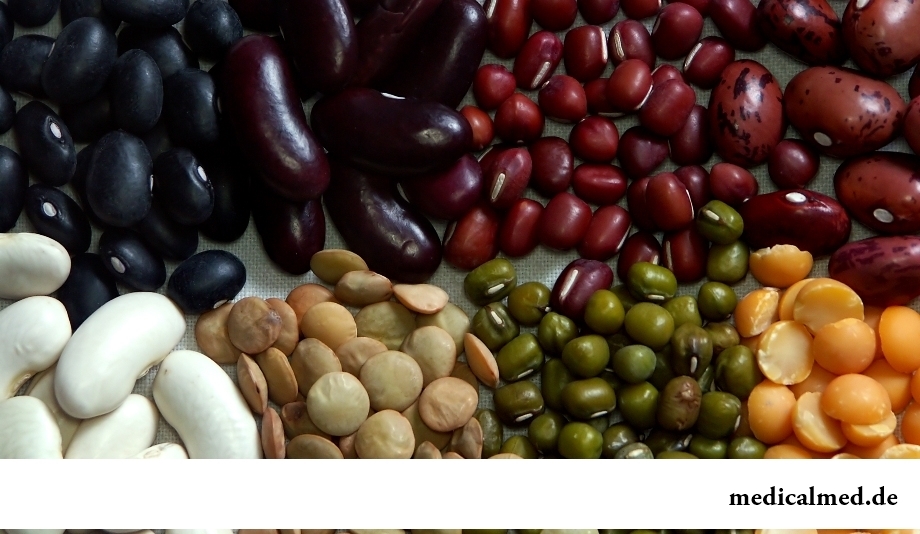
2. Antivitamins
The substances reducing biological activity of vitamins or preventing an organism to acquire them contain in many products. For example:
- Ascorbate oxidase. Antagonist of vitamin C (ascorbic acid). Is a part of many fresh fruit, berries and vegetables. Most of all it contains in a Brussels sprout, cucumbers and vegetable marrows. Cabbage and vegetable marrows usually are exposed to thermal treatment which substantially destroys ascorbate oxidase, but cucumbers, as a rule, use fresh. Therefore such dish as crude vegetables salad (cucumbers, tomatoes, sweet pepper, lettuce leaves, green onions, parsley and fennel) should be eaten right after preparation, differently the most part of the vitamin C necessary for protection of an organism against infections which is contained in it, it will be lost;
- Thiaminase. Antagonist of thiamin (B1 vitamin). In a large number meets in meat of fresh-water fish (especially in cyprinid). At thermal treatment substance collapses, but the people who are often using sushi or beaters with crude fish risk to get the avitaminosis which is shown failures of work of a nervous system (neurosises, emotional instability, etc.);
- Avidin. The protein connecting biotin in a digestive tract (differently called by H or B7 vitamin) and interfering digestion of this vitamin. As a result disbolism which is externally shown dermatitis, an aggravation of symptoms and a hair loss develops. Avidin contains in crude eggs.
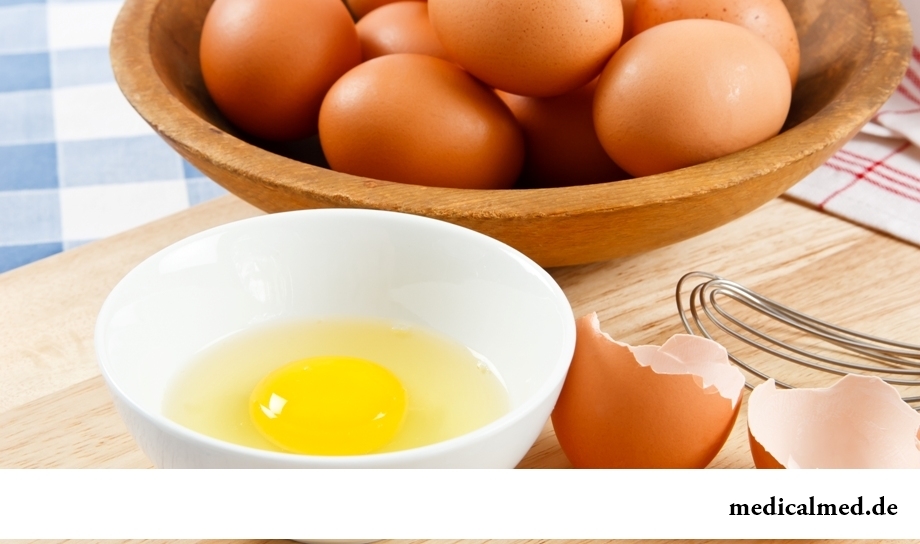
Some other feeding habits of the person also have an adverse effect on digestion of vitamins. So, overconsumption of the products containing a large amount of B1 vitamin interferes with hit in B6 vitamin fabric, and deficit of B2 vitamin leads to decrease in content in fabrics of ascorbic acid and B1 vitamin.
3. The demineralizing factors
It the substances capable to form insoluble compounds with iron, the zinc, calcium, manganese and other microelements necessary for normal functioning of an organism. Treat the demineralizing factors:
- Polyphenolic connections. Are found in tea and coffee;
- Phytin. Contains in cereals, seeds bean, potatoes, some types of nuts;
- Oxalic acid. Is a part of a rhubarb, red beet, a sorrel and spinach.
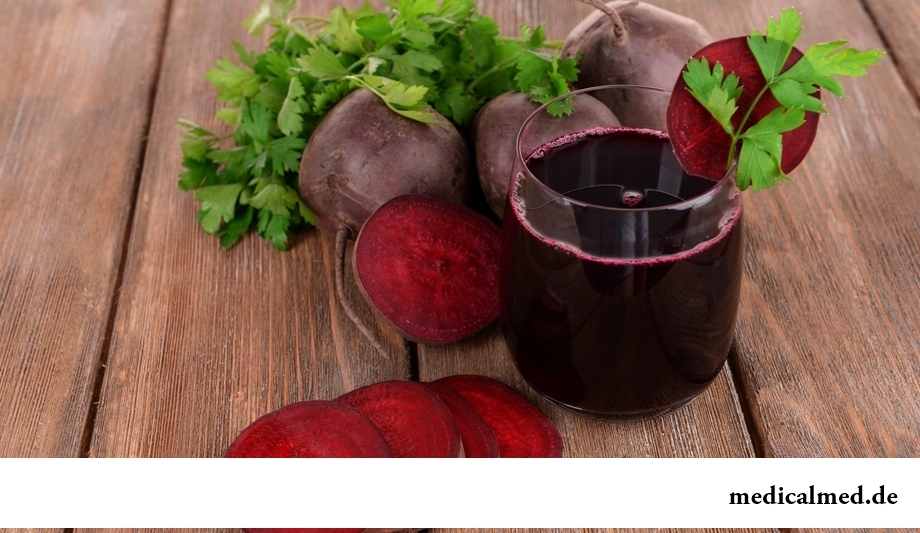
Harmful effects of similar substances can be minimized by means of other components of food reducing their chemical activity. For example, the strengthened consumption of ascorbic acid interferes with creation of insoluble compounds of polyphenols with iron, helping an organism to acquire this microelement.
4. Saturated fatty acids
The fatty acids which in a large number are contained in mutton, pork and beef, and also various sausages and meat delicacies in itself do not exert an adverse effect on a condition of immune system. But they are responsible for the pathologies of cardiovascular system connected with accumulation of "bad" cholesterol and development of atherosclerotic process. Such states complicate cardiac performance and lungs, and reduce protective forces of an organism. In order to avoid similar troubles specialists advise to sate a diet with the products containing polyunsaturated fatty acids (sea fish, vegetable oils, nuts, olives, etc.).
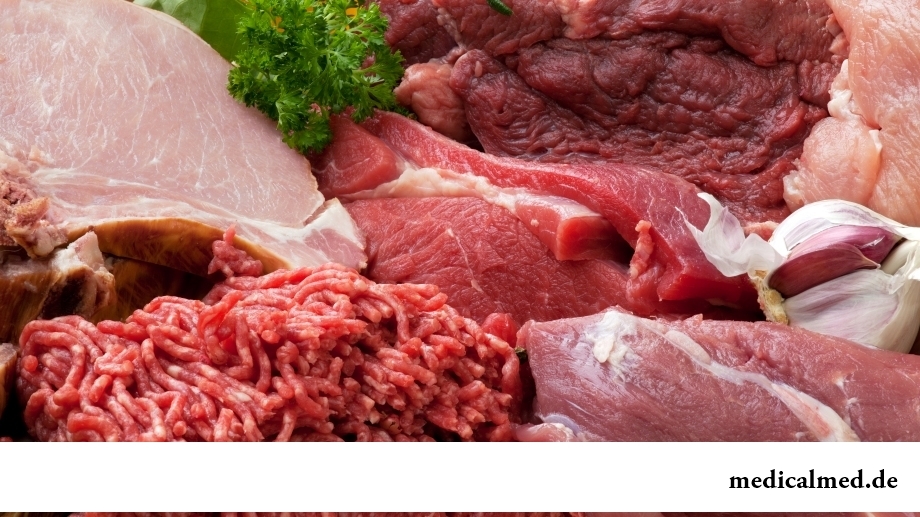
The protective system of an organism experiences constant strain and needs support. For this purpose it is possible to accept medicines, to use methods of traditional medicine and a hardening, but the most important and effective measure is correction of a diet.
Drug for cough Terpinkod is one of leaders of sales, not because of the medicinal properties at all.

Work of a brain is extremely complex and in many respects is not studied yet. It is confirmed also by the features of thought processes which are shown in...
Section: Articles about health
The fatigue, sleep debt, disturbances of food, bad mood, vagaries of the weather – all these circumstances badly affect our appearance. Especially the person suffers: skin becomes flabby, loses healthy color, becomes covered by wrinkles, zones of hypostases and t appear...
Section: Articles about health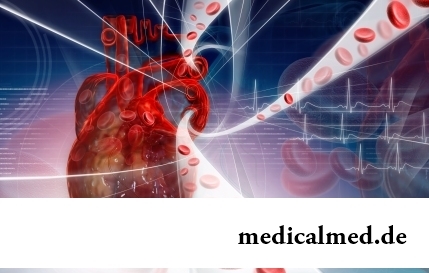
The state of health of the person in many respects depends on chemical composition of biological liquids of an organism. Specialists consider that PH value of these solutions has to be in range of 7,35-7, 45. The deviation in the smaller party (so-called "acidulation") is fraught with development of many heavy illnesses, failures in work of immune system, decrease in working capacity and deterioration of life. To avoid serious fluctuations of acidity of internal liquids it is necessary to adhere разумног...
Section: Articles about health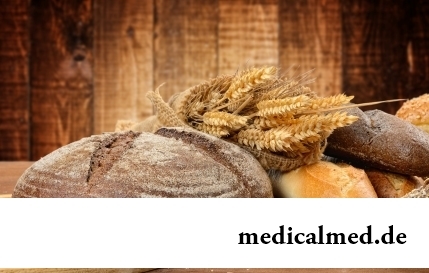
There is an opinion that at low temperatures safety of products is ensured longer and better thanks to what the refrigerator considers...
Section: Articles about health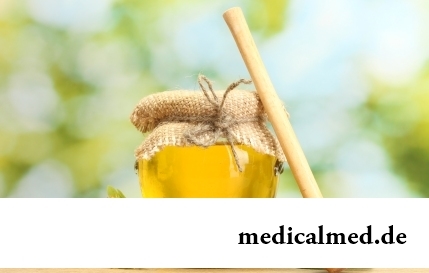
Bees – really unique beings. Practically all products of their life activity are used by the person. Since the most ancient times medicinal properties of honey and other substances received in the course of beekeeping are known. The fact that all these пр is especially significant...
Section: Articles about health
A lot of things depend on a condition of a backbone in a human body, a backbone - not only a support for a body, it also a receptacle for a spinal cord, that is why malfunctions with a backbone are so dangerous. To treat rachis diseases very difficult and long, it is much simpler and more correct not to bring to a disease. Conforming to the rules provided in this article it is possible to avoid the majority of the problems connected with a backbone including those which are considered to be age, but a cat...
Section: Articles about health
The sudden heat on all body which is followed by perspiration and a cardiopalmus – the phenomenon familiar to many people. Most often t...
Section: Articles about health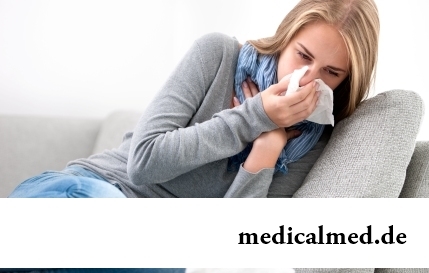
Cold is such painful that each sigh becomes a victory, heat "knocks" down, and the ache in joints forces to think only of pain. Some people with approach of the first symptoms of cold make the self-sacrificing decision to have a disease standing, and to a beam...
Section: Articles about health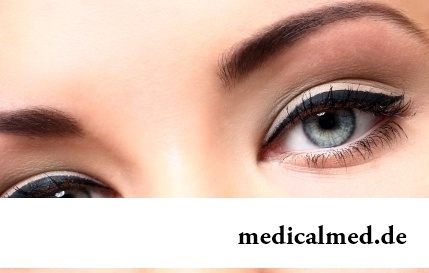
Eyes – unique body on the structure thanks to which the person obtains about 80% of information on the world around: about a form, color, size, the movement, and also many other parameters of objects or phenomena. But whether much we know about the most valuable sense body which, according to the scientist Sechenov, provides us about one thousand various feelings a minute? Let's consider 10 most surprising facts about eyes and sight....
Section: Articles about health
The name of this disease precisely reflects the problem reason: it consists in the bra fastener pressure upon a certain zone...
Section: Articles about health
To look healthy and means well-groomed not only to be pleasant to people around, but also to feel strong, sure and taken place. Specialists in the field of cosmetology quite often note that whether not all women are able to look after skin...
Section: Articles about health
High temperature - a frequent symptom of such widespread diseases as a SARS, quinsy, pneumonia, etc. To reduce heat, having facilitated a condition of the patient, doctors recommend to accept antipyretics, however their use is not always possible. Too frequent use of these drugs can lead to allergic reactions, and also overdose, causing poisoning. It happens also that there are no antipyretics simply in the house. In these situations it is pertinent to use it...
Section: Articles about health
An eye of the person daily experiences considerable strain. The problem of preservation of sight is for many years directly connected with a question снабж...
Section: Articles about health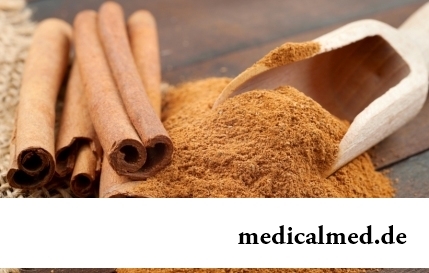
Ayurveda - the most ancient tselitelsky practice which came to us from India. It represents the doctrine about maintenance of physical, psychological and moral health of the person by means of the complex of procedures including a diet, cleaning of an organism, respiratory упр...
Section: Articles about health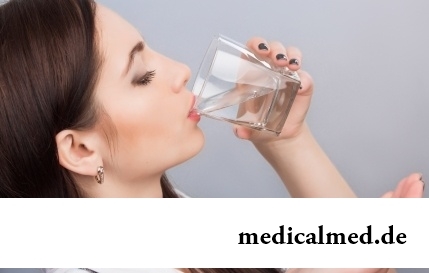
The phenomenon of improvement of a condition of the patients at administration of drugs who are not containing active agents, so-called effect of placebo is known long ago. At the end of the 18th century the American doctor Perkins began to treat people the "miracle" sticks made of alloy of steel and brass. Was for several minutes to press such subject enough to a sore point that it became much easier for the patient. Having suspected Perkins of charlatanism, his colleagues tried to repeat "miracle" by means of sticks, steles...
Section: Articles about health
The next flu epidemic leads to the next panic, from year to year we give in on these manipulations: professionally alarming goal...
Section: Articles about health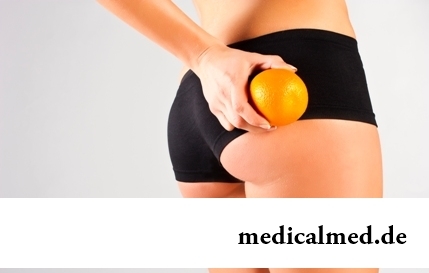
Cellulitis - very widespread cosmetic shortcoming which arises approximately at 80% of women sooner or later. Emergence it is connected with change of structure of a hypodermic fatty layer. At the same time on the surface of skin at first there are roughnesses (cambers...
Section: Articles about health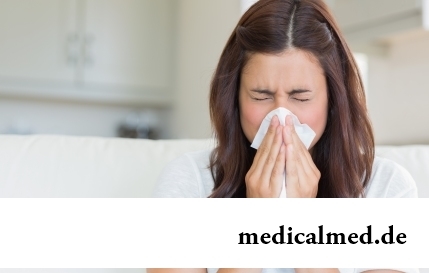
Practice of use of table salt in the therapeutic purposes contains not one century. Applications which do by means of the fabric impregnated with saline solution are considered especially effective. They have antibacterial and antiinflammatory effect, help to heal wounds, exempt fabrics from excess liquid. Hypertonic salt solution of potassium chloride is applied outwardly at many morbid conditions. Let's tell about the most known of them....
Section: Articles about health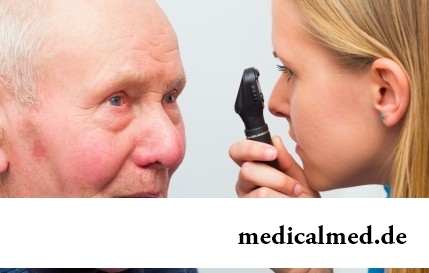
According to data of World Health Organization, the cataract is diagnosed almost for 7% of the population of Earth. Statistics we get sick...
Section: Articles about health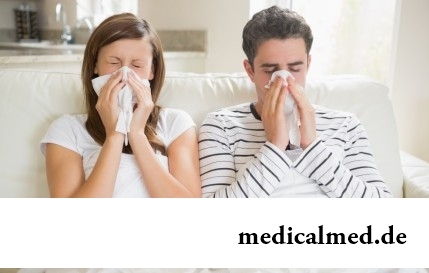
Each person supports all life a SARS about 200 times. The peak of incidence falls on cold season, but it is possible to get sick with a temperature and a pharyngalgia, and sometimes and very possibly, even during a heat. The reasons for development of catarrhal diseases exists множество:...
Section: Articles about health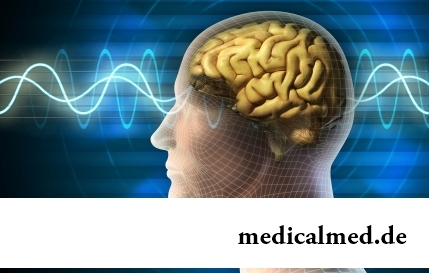
The brain of the person is studied not one hundred years, but the quantity of the riddles connected with this body increases rather, than decreases. Perhaps, numerous delusions concerning a structure and functioning of a brain are explained by it, many of which arose long ago, but continue to exist and today. Such we are ready to acquaint readers with the most widespread myths....
Section: Articles about health
Life activity of one-celled fungi of the sort Candida is a proximate cause of development of candidiasis (milkwoman), it is related...
Section: Articles about health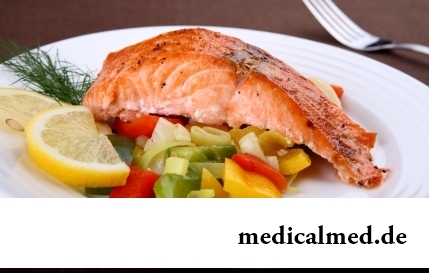
Diseases of joints often begin imperceptibly for the person. The first stages of destruction of the cartilaginous tissue providing soft and free sliding of heads of bones in joint bags proceed slowly and absolutely without serious consequences. Especially unpleasantly for that this пр...
Section: Articles about health
Impossibility to conceive the child – a trouble of many Russian families. During quite long time was considered that main "culprits" of troubles such are women. Modern physicians claim that the situation is different: about a half of failures in attempts of reproduction are connected with male infertility....
Section: Articles about health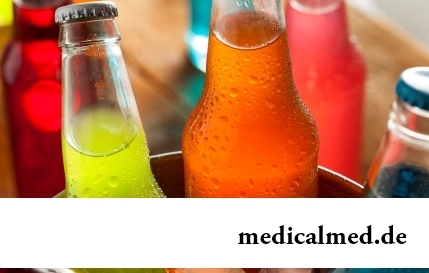
For anybody not a secret that the modern person eats not as his ancestors. For the last 100 years in broad access appeared with...
Section: Articles about health
Epilepsy is one of widespread neurologic diseases. Parents, whose children suffer from this illness, should face rumors and delusions, many of which remained since the Middle Ages....
Section: Articles about health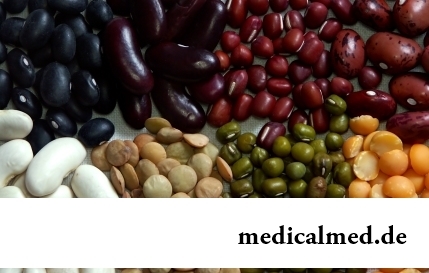
Ability of an organism to resist to adverse environmental factors (to impact of temperature drops, humidity and pressure, to the attacks of causative organisms, etc.) directly depends on what the person eats. Business here not only in that cells of a body received a necessary set of nutrients, vitamins and microelements. Scientists established that such components which are capable to influence negatively immune system, in connection with also are a part of foodstuff...
Section: Articles about health
